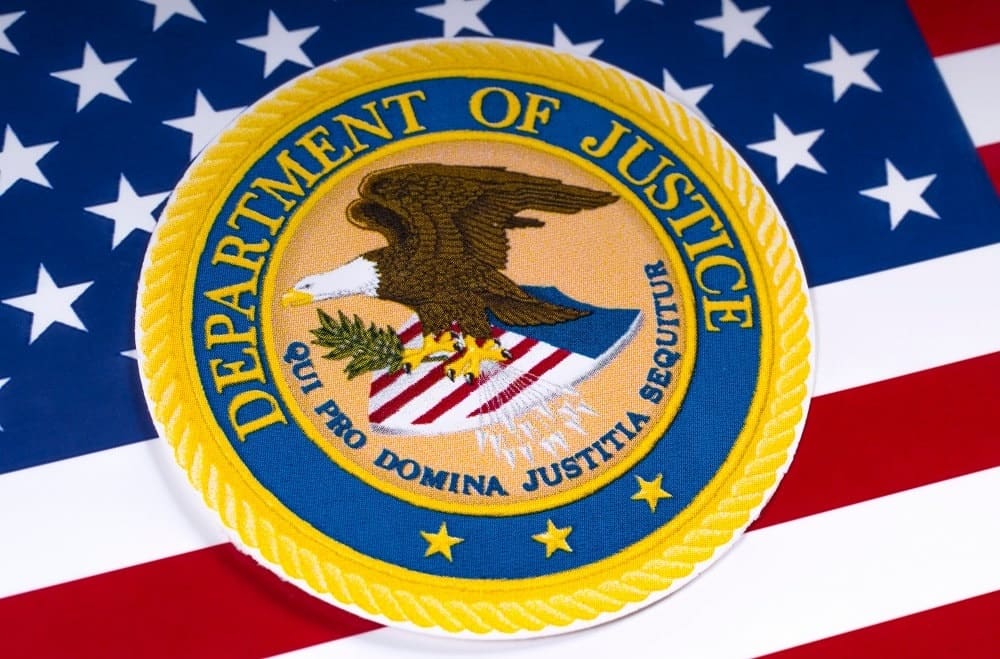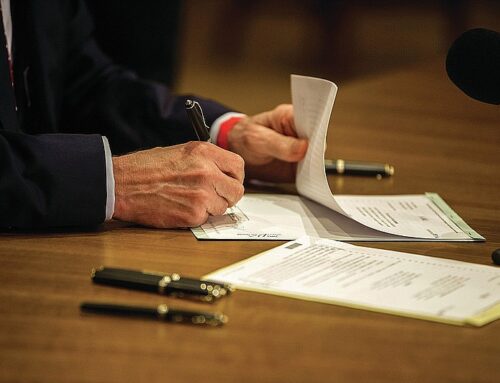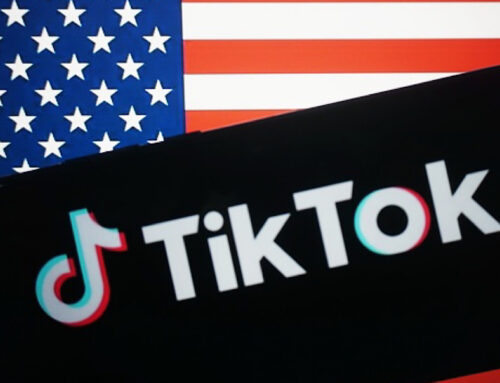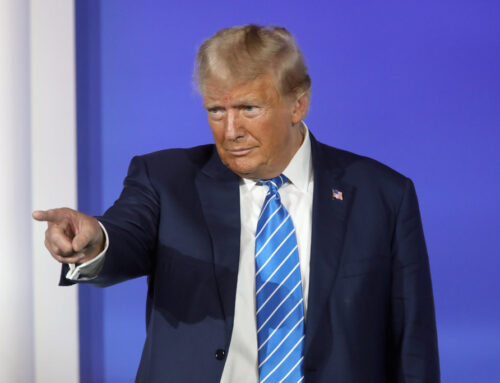n a recent legal battle, the U.S. Department of Justice (DOJ) is urging a court to allow the use of classified evidence in its proceedings against TikTok, arguing that it is essential for the court to review this information to understand why Congress deemed the divest-or-ban bill necessary. The DOJ insists that it is not attempting to keep its actions secret, rather it is highlighting the significance of classified data in the case.
On the other hand, TikTok’s legal team contends that the government’s rationale for the proposed legislation is flawed, pointing out numerous errors and omissions in the DOJ’s arguments. This back-and-forth underscores the tension between national security concerns and the rights of the company to contest the government’s claims in its defense. As this legal dispute unfolds, it raises important questions about transparency, security, and the balance of power in regulatory legislation.





